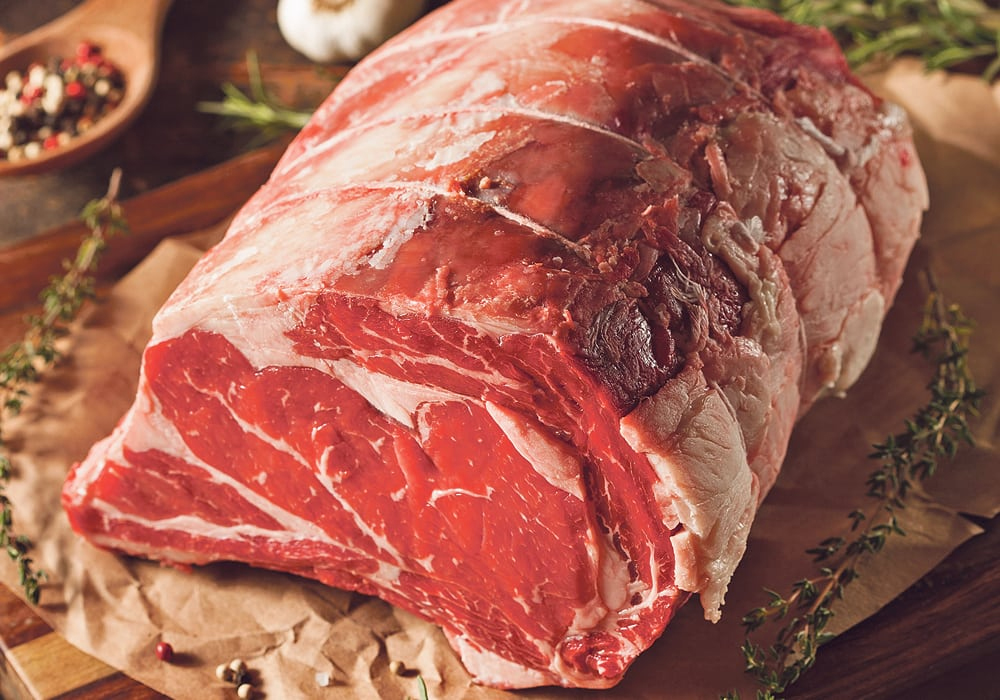Europe, a region that depends on beef imports, exported more than $70 million in beef to Canada in the first seven months of 2020.
Agriculture Canada data shows that the European Union, including the United Kingdom, shipped $74 million in beef to Canada from January to the end of July. Most of the beef came from the U.K., Spain, Italy, Ireland and Germany.
In the same period, Canada exported $17 million worth of beef to the EU and the U.K. Most of it, about $9 million, was shipped to Britain.
Read Also

Mixed results on new African swine fever vaccine
The new African swine fever vaccine still has issues, but also gave researchers insight into how virus strain impacts protection against the deadly pig disease.
If trade with the European Union is separated from the British data, Canada had a $48 million trade deficit in beef with the EU from January to July.
On the surface, that doesn’t make a great deal of sense. Europe is a major importer of beef and Canada is a major exporter. The EU purchases billions worth of beef annually from Brazil, Argentina, Australia and elsewhere, but not from Canada, even though Canada has a trade deal with Europe. Canadian beef represents less than one percent of European imports.
Business leaders are calling on the Canadian government to do something about it.
“CETA (Comprehensive Economic and Trade Agreement between Canada and the EU) has now been in force for three years and it has failed to deliver on its promises for Canada’s agri-food exporters,” the Canadian Agri-Food Trade Alliance (CAFTA) said in an open letter to Prime Minister Justin Trudeau and several ministers. “Our agri-food exports to the EU should be much higher. These trade inequities are having a direct impact on Canadian farmers and food manufacturers.”
CETA failings are bigger than the trade in beef. Italy has imposed country-of-origin labelling regulations on pasta, which discriminate against Canadian durum. Europe also refuses to recognize sustainability practices of Canadian canola growers.
Europe will only buy beef from cattle that are raised without growth promotants, a technology widely used in Canada. Some ranchers and beef processors have introduced hormone-free beef programs, but export data shows they’re not selling a significant amount to Europe. Beef shipments to Europe, from January to July, were about $8 million — up from $4 million in the same period in 2019.
That’s positive but Europe’s beef shipments to Canada exploded in the first half of 2020.
From January to July, EU beef exports to Canada were $56 million.
From January to July 2019, EU exports to Canada were $10 million.
Canadian pork producers have fared no better.
An industry representative told The Western Producer that pork packers can’t be bothered with the regulatory hassle and time required to build up sales in Europe because Japan and other Asian markets are eager buyers of Canadian pork.
The EU expects Canadian companies to test for trichinella, a parasite that infects swine. Other major buyers, like China, Japan and the United States, don’t require such testing because Canada’s commercial swine herd has been trichinella-free for years.
Meanwhile, Canada is accepting pork from Denmark, Italy and other EU nations.
- In 2018 and 2019, Canada imported about $150 million, annually, in pork from the EU.
- In the first seven months of 2020, Canada imported $99 million in pork from Europe.
- In the same period, Canada exported $2.3 million in pork to the EU, amounting to a trade deficit of nearly $97 million in seven months.
In June the federal government published a report on trade since CETA was implemented in 2017. The report highlights the benefits of CETA, noting that trade has expanded between Europe and Canada. In 2016, Canadian exported $40 billion in goods to the EU and imported $60 billion from Europe.
In 2019, exports to the EU were $48 billion and Europe exported $76 billion to Canada — a trade deficit of nearly $30 billion.
















